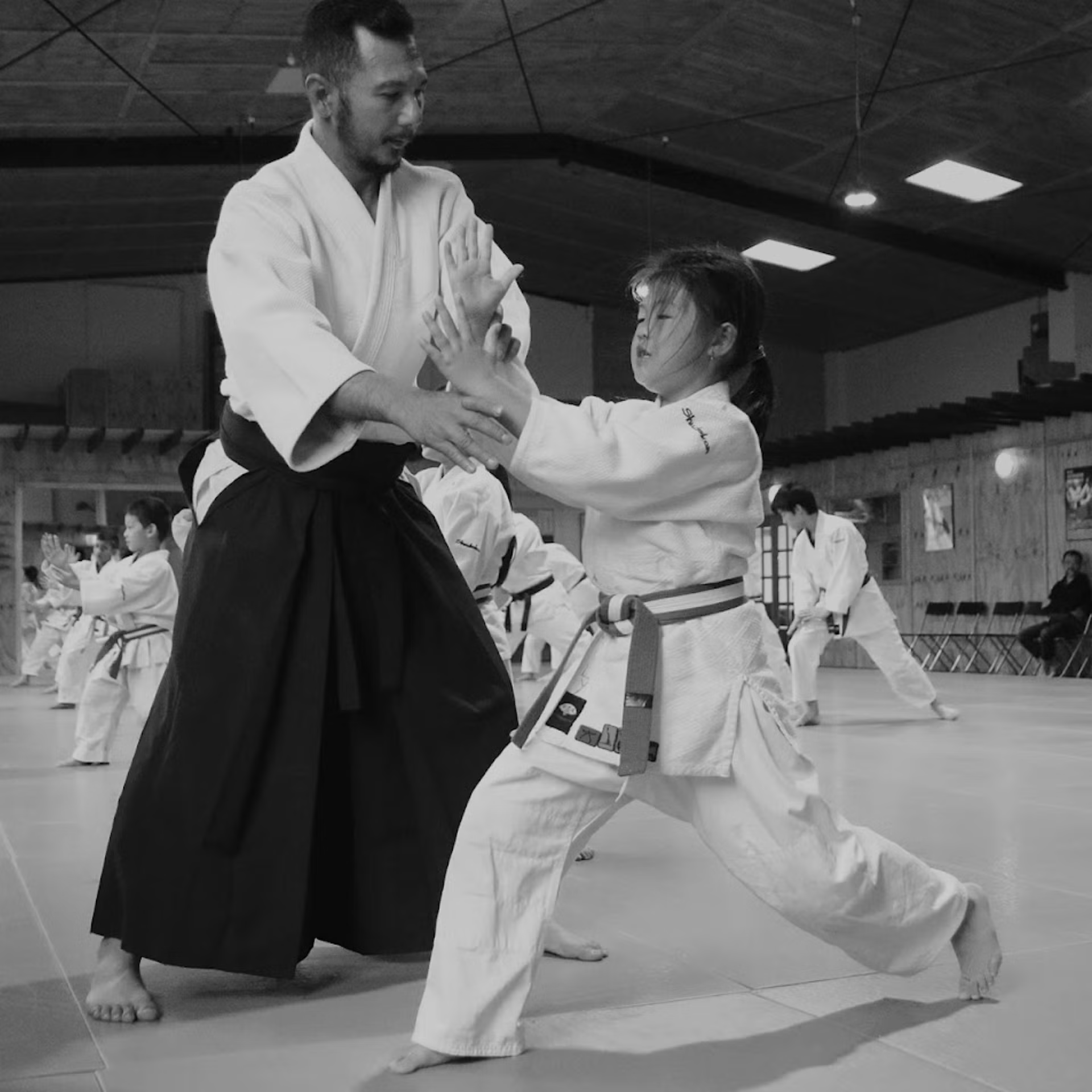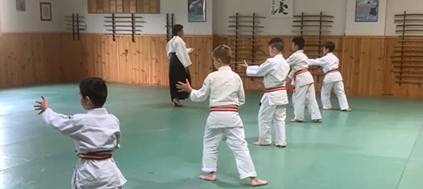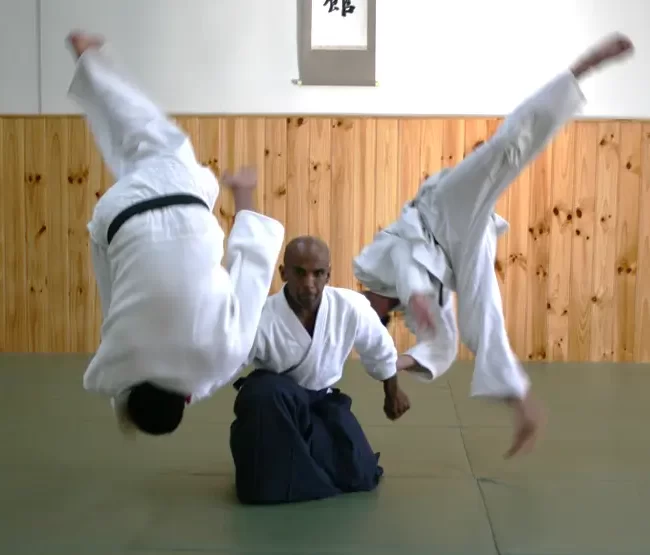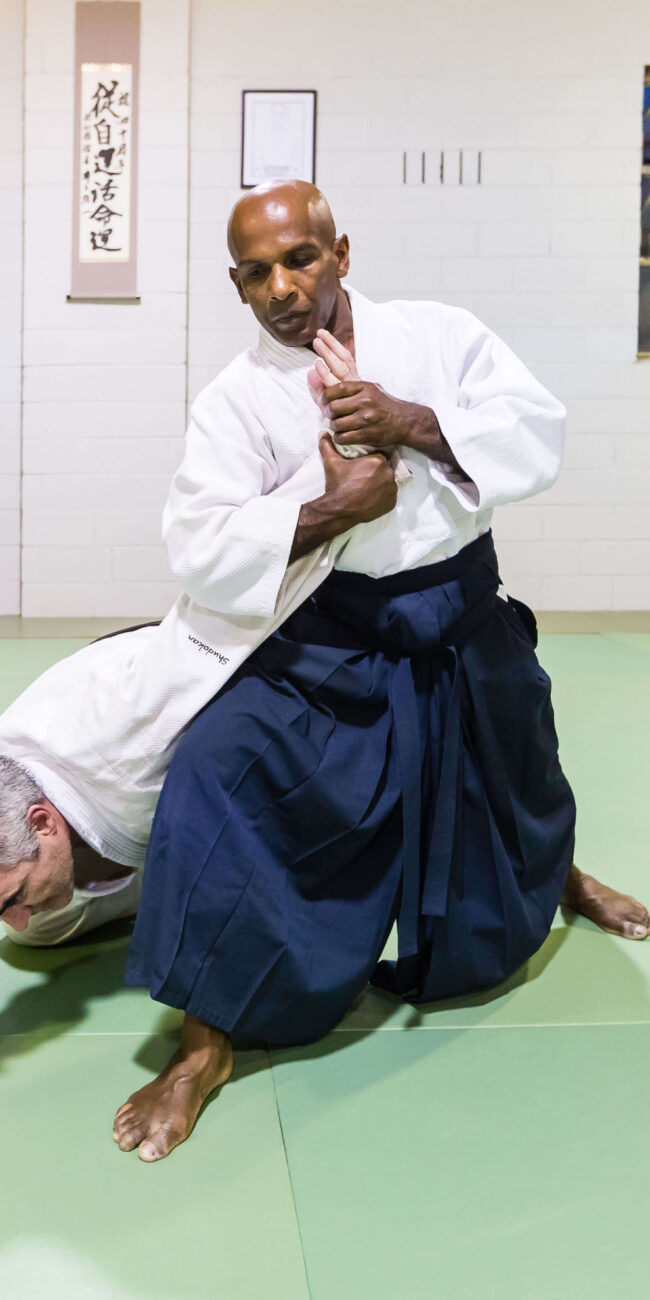
In today’s fast-paced and ever-evolving world, parents and educators are continually seeking activities that not only keep children physically active but also nurture their mental and emotional development. Aikido, a Japanese martial art that emphasizes harmony and self-improvement, is emerging as a valuable tool in shaping future leaders. This unique discipline offers numerous benefits that extend beyond the dojo, fostering skills and traits essential for personal and social success.
The Philosophy of Aikido
Aikido, meaning “the way of harmony with the spirit,” was founded by Morihei Ueshiba in the early 20th century. Unlike other martial arts that focus on competition and defeating opponents, Aikido is rooted in the principles of non-aggression and peaceful resolution of conflict. It teaches practitioners to blend with an opponent’s movements to redirect energy and neutralize attacks without causing harm. This philosophy makes Aikido an ideal practice for children, as it promotes respect, empathy, and self-discipline.
Physical Benefits
Coordination and Balance
Aikido training enhances motor skills, coordination, and balance. The practice involves various techniques that require precise movements, helping children develop a strong sense of body awareness and control. These physical benefits contribute to overall athleticism and can improve performance in other sports and activities.
Fitness and Health
Regular Aikido practice is an excellent way for children to stay active and healthy. The training involves a mix of cardiovascular exercises, strength training, and flexibility work. These activities help build endurance, strength, and agility, promoting a healthy lifestyle and combating the sedentary habits associated with modern technology use.
Mental and Emotional Benefits
Focus and Concentration
Aikido requires a high level of focus and concentration. Children must pay attention to their instructor’s guidance and their partner’s movements. This intense focus can improve cognitive abilities, enhance academic performance, and foster a mindset of mindfulness that is beneficial in everyday life.
Self-Discipline and Patience
The practice of Aikido involves learning complex techniques that cannot be mastered overnight. This process teaches children the value of perseverance, patience, and consistent effort. They learn to set goals, work steadily towards them, and experience the satisfaction of gradual improvement.
Social and Leadership Skills
Respect and Empathy
Aikido is practiced in pairs or small groups, requiring students to work closely with others. This interaction fosters mutual respect and understanding. Children learn to appreciate their partner’s efforts and support each other’s progress, cultivating empathy and cooperative behaviour.
Conflict Resolution
The core principle of Aikido is to resolve conflict without aggression. Children are taught to remain calm and composed in the face of challenges, using techniques to defuse potentially harmful situations peacefully. These skills are invaluable in resolving disputes and building harmonious relationships in their personal and social lives.
Confidence and Leadership
As children progress in their Aikido training, they gain self-confidence through the mastery of techniques and the achievement of goals. They are often given opportunities to lead warm-ups or demonstrate techniques, building leadership skills and the ability to guide and inspire others.
Expert Guidance for Lasting Impact
Professional instructors at Aikido Shudokan with years of Aikido experience provide children with expert guidance. Their mentorship not only refines Aikido techniques but also imparts life lessons and values.
Aikido classes for children offer a holistic approach to development, integrating physical fitness with mental and emotional growth. By embracing the principles of harmony, respect, and non-aggression, Aikido nurtures future leaders who are not only strong and healthy but also compassionate, disciplined, and equipped with the skills to navigate life’s challenges peacefully. For parents and educators seeking a comprehensive activity that cultivates well-rounded individuals, Aikido presents a compelling choice. Enrolling children in Aikido classes today lays the foundation for a future generation of thoughtful, capable, and resilient leaders.
FAQs
Are Aikido classes suitable for children of all ages?
Absolutely! Aikido classes are tailored to different age groups, ensuring age-appropriate techniques and challenges.
Will Aikido make my child more aggressive?
No, quite the opposite. Aikido promotes self-control, empathy, and peaceful conflict resolution.
How does Aikido differ from other martial arts?
Aikido focuses on blending and redirecting energy, emphasizing harmony over aggression.
Can Aikido help shy children become more confident?
Yes, Aikido gradually boosts self-confidence through skill development and positive reinforcement.
How does Aikido align with building leadership skills?
Aikido’s emphasis on adaptability, empathy, and quick thinking aligns perfectly with the traits of effective leaders.





